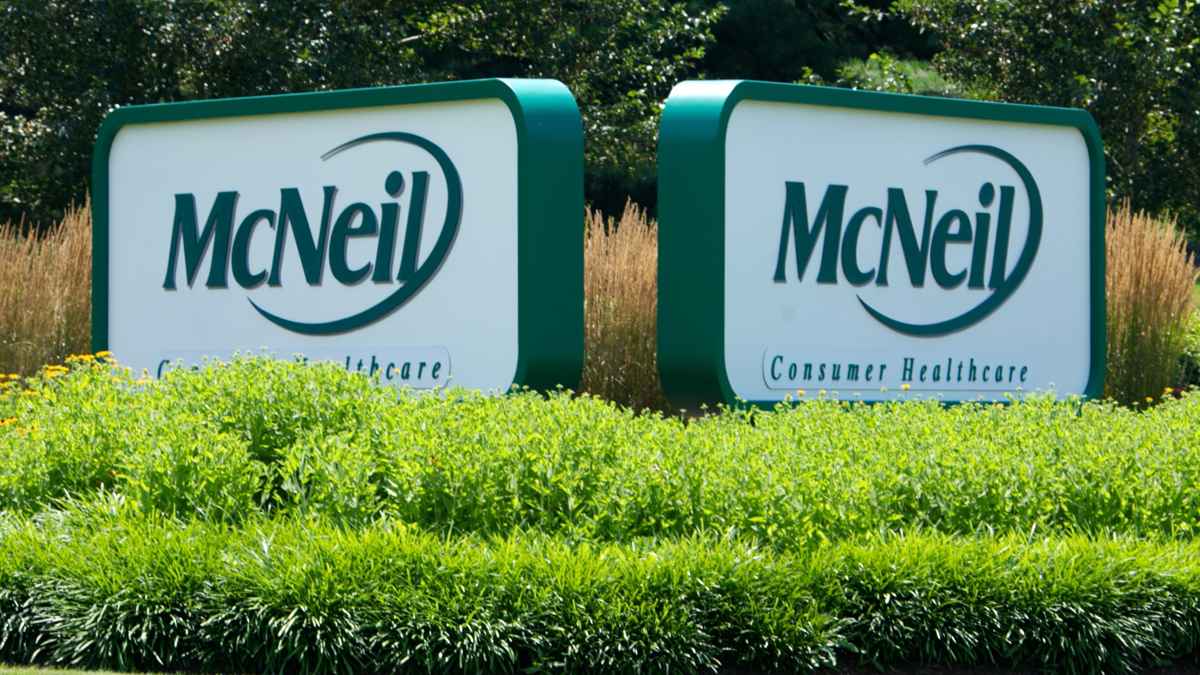Tylenol maker pleads guilty in case over metal particles in children’s medicine
Listen
Johnson & Johnson's McNeil plant in Fort Washington, Pa. (Nathaniel Hamilton/for NewsWorks)
Pleading guilty to a criminal misdemeanor, the Johnson & Johnson subsidiary that makes children’s Tylenol has agreed to pay $25 million for selling drugs contaminated with metal shavings. But the troubled plant that manufactured the tainted drugs it still shut.
McNeil Consumer Healthcare recalled its liquid Tylenol and Motrin in 2010, nearly a year after a concerned consumer reported “black specks” at the bottom of a bottle of infants’ Tylenol.
The metal bits were made primarily of nickel and chromium, and inadvertently came off of the manufacturing equipment used at McNeil’s Fort Washington, Pennsylvania plant.
In federal court in Philadelphia, the company admitted on Tuesday that it had not followed current good manufacturing practices and continued to sell the adulterated over-the-counter drugs across state lines, a violation of the Food, Drug and Cosmetic Act.
Along with entering its guilty plea, McNeil consented to a $20 million fine and a forfeiture of $5 million.
“That’s a lot of money, but to a giant company like that, it’s really a drop in the bucket,” said Robert Field, a law and public health professor at Drexel University. “What can really can hurt them in the long term is if people begin to think that maybe this isn’t a trustworthy company, that maybe we’re taking a chance with its products.”
John Gray, an associate professor at Fisher College of Business at the Ohio State University, noted that it is difficult to operate in full compliance with FDA regulations.
“Research has shown that you really need people focusing on the quality throughout the organization,” he said. “That challenge is throughout the industry, and it appears that J&J let that slip here.”
The Fort Washington plant that made the tainted drugs closed in 2010, leading to widespread shortages of products. A company representative said it is getting closer to reopening, but the facility still needs to be inspected and approved by FDA officials.
“We assume that any problems in manufacturing happen somewhere else, in another country far, far away,” said Field, who is also a lecturer in health law at Wharton. “But they really can happen in the U.S. They can happen right here at home.”
WHYY is your source for fact-based, in-depth journalism and information. As a nonprofit organization, we rely on financial support from readers like you. Please give today.

